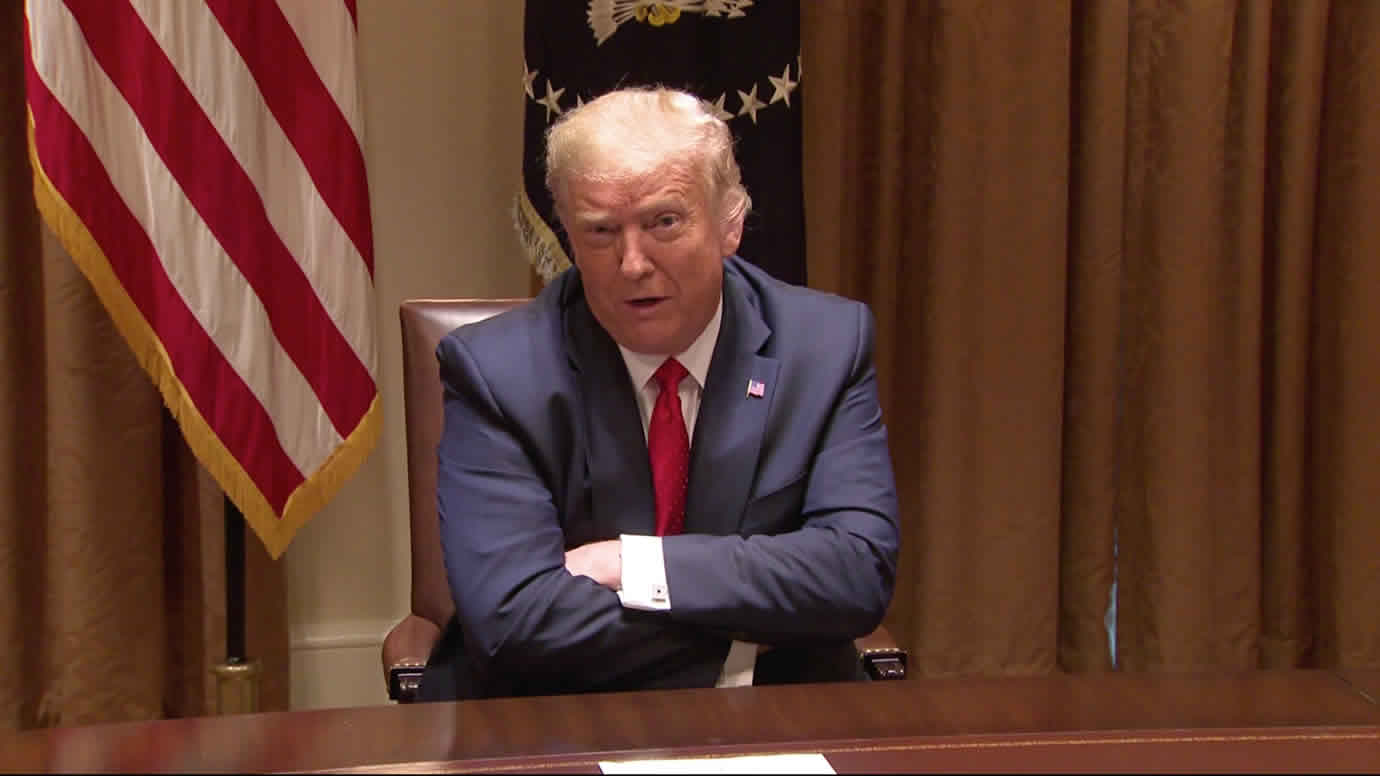In a landmark ruling, the Supreme Court of the United States has rejected former President Donald Trump’s bid to block the release of his financial records to a New York City prosecutor. The ruling marks a major victory for the prosecutor’s office, which has been seeking access to the records as part of an investigation into Trump’s business dealings.
The decision, which was handed down on Monday, was the culmination of a long legal battle between Trump and Manhattan District Attorney Cyrus Vance Jr. Vance had issued a subpoena for Trump’s financial records as part of an investigation into hush-money payments made to two women who claimed to have had affairs with the former president.
Trump’s legal team had argued that the subpoena was overly broad and amounted to a fishing expedition. They had also claimed that the president was immune from criminal investigation while in office. However, lower courts had rejected these arguments, paving the way for the case to go before the Supreme Court.
In a 7-2 decision, the court ruled that Trump did not have absolute immunity from state criminal investigations while serving as president. The court also rejected the argument that the subpoena was overly broad, stating that it was “narrowly tailored” to Vance’s investigation.
“The President is neither absolutely immune from state criminal subpoenas seeking his private papers nor entitled to a heightened standard of need,” Chief Justice John Roberts wrote in the court’s opinion.
The ruling means that Trump’s financial records, including tax returns, could soon be turned over to Vance’s office. However, it is unlikely that the records will be made public anytime soon, as grand jury proceedings are generally confidential.
The decision was met with mixed reactions from both sides of the political spectrum. Trump’s lawyers called the ruling a “political prosecution” and vowed to continue fighting in court. Meanwhile, Vance’s office hailed the decision as a victory for the rule of law.
“This is a tremendous victory for our nation’s system of justice and its founding principle that no one – not even a president – is above the law,” Vance said in a statement.
The ruling could also have broader implications for presidential immunity and the power of state prosecutors. While the court’s decision was specifically focused on the Trump case, legal experts say that it could set a precedent for future cases involving state prosecutors seeking to investigate sitting presidents.
The decision is also likely to reignite calls for Trump’s tax returns to be made public. The former president had long refused to release his tax returns, breaking with decades of precedent for presidential candidates. While the release of the records to Vance’s office does not mean they will be made public, the ruling could pave the way for other parties to gain access to the documents in the future.
Overall, the Supreme Court’s decision marks a significant moment in the ongoing legal battles surrounding Trump’s presidency. It remains to be seen what further legal challenges may arise as a result of the ruling, but one thing is certain: the case will continue to be closely watched by legal experts and political observers alike.


